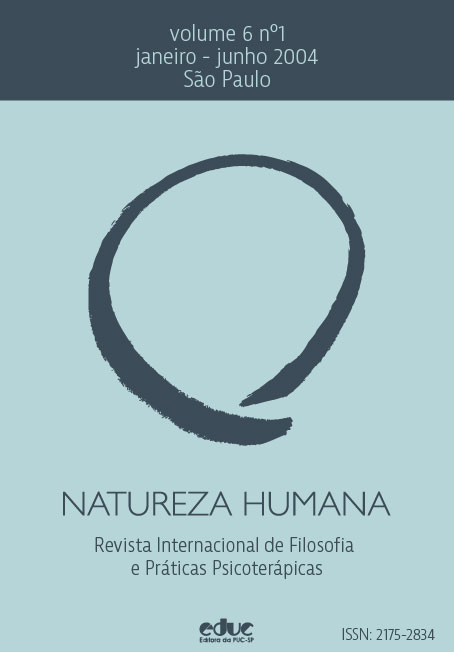Heidegger and the possibility of an existential anthropology
DOI:
https://doi.org/10.59539/2175-2834-v6n1-784Keywords:
Heidegger; fundamental ontology; science; existential anthropology.Abstract
The present investigation intends to discuss Heidegger's reflections on science by focusing both on his analysis in Being and Time and on his reflections concerning the possibility of an existentially grounded anthropology, presented in the Zollikoner Seminare. In spite of the important transformations that affected Heidegger's thinking concerning science after the Kehre, I will argue that what unifies his understanding throughout his work is the deconstructive subordination of science to ontological investigation. As such, Heidegger was able to criticize the dangerous objectifying and reifying tendencies implied by traditional scientific approaches to the human being, specially those ontic approaches that do not consider the possibility and necessity of the existential analytic. The corollary of these criticisms is Heidegger's consideration of the possibility of constituting an existentially grounded science of man, which could be defined in terms of an existential anthropology.Downloads
Published
2024-05-17 — Updated on 2004-10-02
How to Cite
Duarte, A. (2004). Heidegger and the possibility of an existential anthropology. Human Nature - International Philosophy and Psychology Review, 6(1), 29–51. https://doi.org/10.59539/2175-2834-v6n1-784
Issue
Section
Artigos








